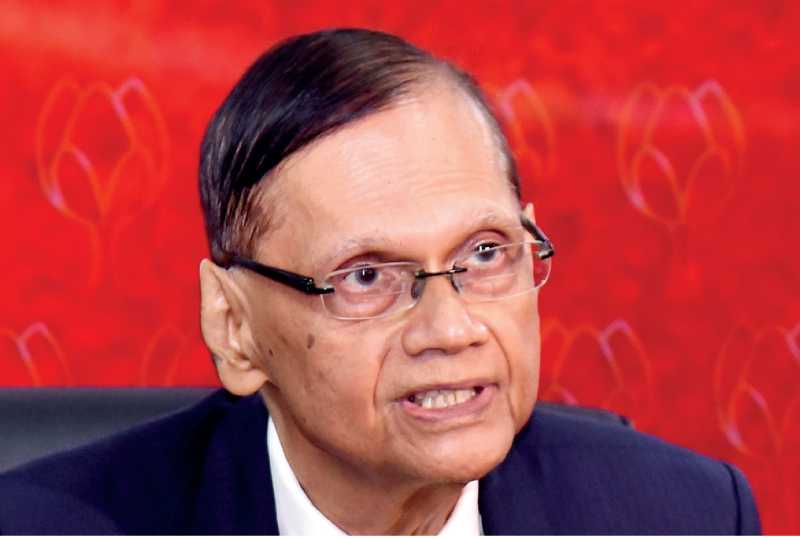Tuesday Feb 17, 2026
Tuesday Feb 17, 2026
Saturday, 24 October 2020 00:03 - - {{hitsCtrl.values.hits}}

Education Minister Prof. G.L. Peiris
Education Minister Prof. G.L. Peiris assured Parliament on Thursday that the 20th Amendment to the Constitution would not reduce Parliament’s powers, arguing that the Executive will still have to depend on the legislature to approve funds for running of the State.
“Under Article 148 of the Constitution, it is Parliament that is responsible for public finance. No matter how powerful a President is, he must still come before Parliament to obtain the necessary funds for the function of the governance mechanism. This cannot be done through any other entity. That is why the Finance Minister is due to present the Budget to Parliament in November; a Budget you all have every right to pass or defeat. As such, 20A will not reduce the powers of Parliament by one bit.”
Speaking during the second day of the two-day debate on the 20th Amendment, the Minister elaborated that the best example for this issue was with regard to defence. “Under Articles 3 and 4 of the Constitution, a key responsibility of the President is to safeguard national security. Yet under 19A, though the President was elected by 6.9 million voters, he cannot be the Minister of Defence. In fact, he cannot hold any ministries. He is the Commander of the armed forces and police, but he can’t command them,” he observed.
Prof. Peiris added that a lot of responsibilities had been placed on the President’s shoulders, but he had not been given the necessary powers to carry out those responsibilities. “There is responsibility without the authority; that is the basic flaw in the structural framework of the 19th Amendment.”
He also questioned whether the framework that was established by the 19th Amendment was really in line with democracy.
“The Constitutional Council was the centrepiece of 19A. All appointments to the so-called independent commissions are made by the CC. Take for example, the civil society members in the CC. They cannot be removed, though a new President and Government is in power. They will be in power for another year until their term ends, and no one can do anything about it.”
Peiris argued that while there must be checks and balances on those in power, if these go beyond a certain limit and become excessive, the end result is that nothing will get done. “Those who hold positions of power would not be able to do anything. There will be gridlock.”